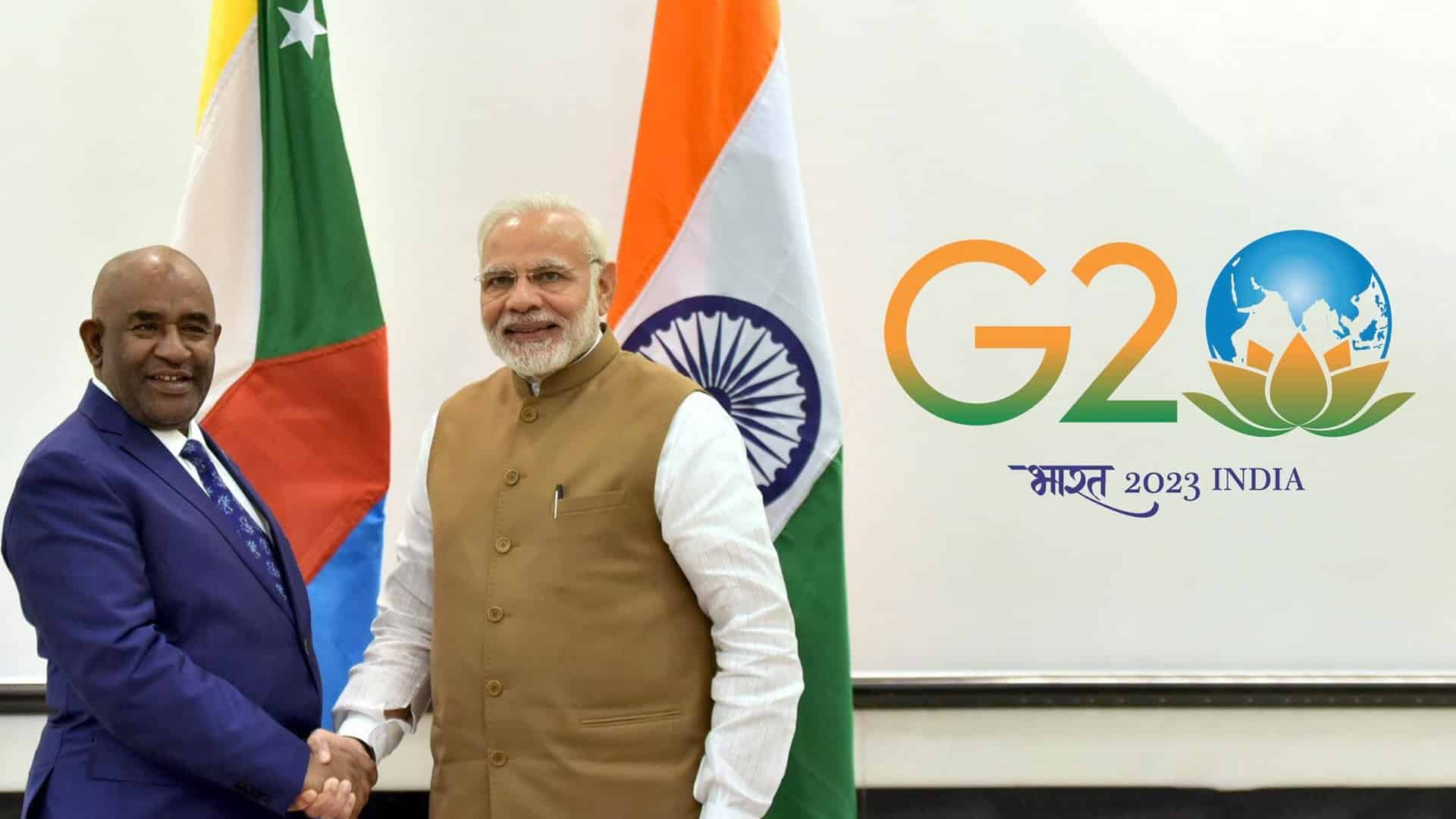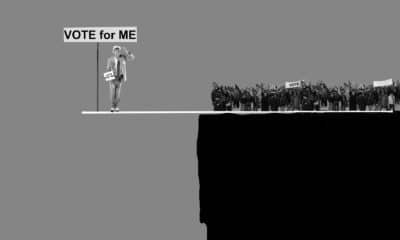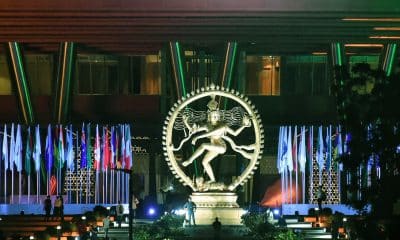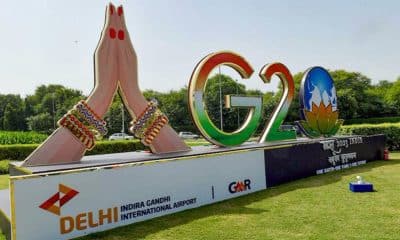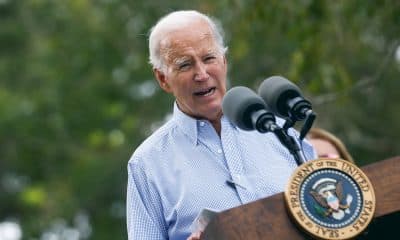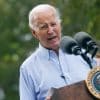Business
African leaders welcome AU admission into G20
African leaders have welcomed the unanimous decision of the G20 to admit the African Union as its permanent member, with most hailing it as an opportunity for the huge and resource-rich continent to further its agenda on the global stage.
On Saturday, Prime Minister Narendra Modi, as the host of the G20 Summit in New Delhi, announced the inclusion of the African Union (AU) as a permanent member of the grouping. “Honoured to welcome the African Union as a permanent member of the G20 Family. This will strengthen the G20 and also strengthen the voice of the Global South,” Prime Minister Narendra Modi said on Saturday as he embraced Comoros President Azali Assoumani, who is also the Chairperson of the African Union, and invited him to join the proceedings at the summit in New Delhi.
African leaders affirmed Modi’s view in their reactions to how the inclusion of Africa as the 21st member of the G20, which the AU had been requesting for several years now, would boost the continent’s efforts to have a more effective voice in addressing global challenges. Moussa Faki Mahamat, chairperson of the AU Commission, which is the AU’s secretariat and undertakes the day-to-day activities of the Union, welcomed the bloc’s entry into the G20 as a full member. “This membership, for which we have long been advocating, will provide a propitious framework for amplifying advocacy in favour of the Continent and its effective contribution to meeting global challenges,” he wrote on X, formerly known as Twitter.
South African President Cyril Ramaphosa, the previous chair of the AU, was among the first African leaders to share the decision announced by Modi. “We are delighted that the #G20 has accepted the @AfricanUnion as a member of the #G20. Global reconstruction in the wake of the #COVID19 pandemic presents a unique opportunity to accelerate the transition to low-carbon, climate-resilient, sustainable societies,” Ramaphosa said in a post on X. “Developing economies are bearing the brunt of climate change, despite carrying the least responsibility for this crisis. As African and other developing economy countries, we face the task of meeting our climate commitments in the midst of significant developmental challenges like poverty, inequality and unemployment,” Ramaphosa added.
Ramaphosa said that climate change, environmental degradation, unsustainable consumption and production and resource scarcity are challenges that can only be addressed collectively and with a great deal of solidarity. “South Africa calls for an enhanced and expanded Global Partnership for Sustainable Development. This must be supported by the concrete policies and actions outlined in the Addis Ababa Action Agenda on Financing for Development,” Ramaphosa said. Kenya’s President Willaim Ruto also welcomed the African Union’s inclusion in the G20. Ruto said the participation of the AU in G20 would give the African continent a greater voice, visibility, and influence on the global stage.
“This move is seen as an opportunity to advance the common interests of the continent. (It) fits perfectly with the resolutions of the just-concluded Africa Climate Summit, including the reform of international financial institutions and multilateral development banks,” Ruto said. Egyptian President Abdel-Fattah al-Sisi hailed the admission of the African Union (AU) as a full member of G20. In a statement issued by the Egyptian presidency, Al-Sisi said this was “a step in the right direction that offers an opportunity to set the continent’s priorities on the international agenda.”
Senegalese President Macky Sall, who was the 2022 president of the AU, had actively pushed the agenda to include the AU in G20. “By creating the G20 in 1999, the G7 countries recognised, in the wake of the emerging financial market crises of the 1990s, that insufficient participation of developing countries in discussions on global economic issues posed an increased threat to global financial stability,’ Sall wrote earlier in the French daily Le Monde. The G20, founded in 1999 in response to global economic crises, had until now only granted observer status to the AU. Following its admission, the AU, a continental body of 55 member states, now has the same status as the European Union the only regional bloc with full membership. Collectively, African Union member states have a GDP of nearly USD 3 trillion and a population of around 1.4 billion.
The African Union (AU) is a continental body consisting of the 55 member states that make up the countries of the African Continent. It was officially launched in 2002 as a successor to the Organisation of African Unity (OAU, 1963-1999). US President Joe Biden, Chancellor Olaf Scholz, British Prime Minister Rishi Sunak, Turkish President Recep Tayyip Erdogan, Canadian Prime Minister Justin Trudeau, his Italian counterpart Giorgia Meloni, South Korean President Yoon Suk Yeol and Brazilian President Luiz In cio Lula da Silva are among those attending the two-day G20 Summit in India. The chiefs of many leading global bodies such as the United Nations, International Monetary Fund, World Bank and World Health Organisation are also participating in the conference.


